- Clone
- K0124E1 (See other available formats)
- Regulatory Status
- RUO
- Other Names
- Chemokine C-X3-C receptor 1 (CX3CR1), V28, GPR13
- Isotype
- Mouse IgG1, κ
- Ave. Rating
- Submit a Review
- Product Citations
- publications

-

Human peripheral blood lymphocytes were stained with CD3 (clone HIT3a) Alexa Fluor® 647 and purified anti-human CX3CR1 (clone K0124E1, top) or mouse IgG1, κ isotype control (bottom), followed by anti-mouse IgG1 PE. -

| Cat # | Size | Price | Quantity Check Availability | Save | ||
|---|---|---|---|---|---|---|
| 355701 | 25 µg | 112 CHF | ||||
| 355702 | 100 µg | 229 CHF | ||||
CX3CR1 is a G-protein-coupled seven-transmembrane chemokine receptor, also known as GPR13 or V28. It is expressed on NK cells, T cell subset, monocytes/macrophages, dendritic cells, and some malignant epithelial cells. CX3CL1 (known as fractalkine, neurotactin) is the ligand of CX3CR1. CX3CL1 is a unique transmembrane molecule with a CX3C-motif chemokine domain and a mucin-like stalk. CX3CL1 is expressed by activated-endothelial cells, neurons, and astrocytes. The interaction of CX3CR1 and its ligand mediates cell firm adhesion and migration.
Product DetailsProduct Details
- Verified Reactivity
- Human
- Reported Reactivity
- Cynomolgus, Rhesus
- Antibody Type
- Monoclonal
- Host Species
- Mouse
- Immunogen
- DNA vaccine with the full coding sequence of human GPCR cloned in expression vector.
- Formulation
- Phosphate-buffered solution, pH 7.2, containing 0.09% sodium azide.
- Preparation
- The antibody was purified by affinity chromatography.
- Concentration
- 0.5 mg/ml
- Storage & Handling
- The antibody solution should be stored undiluted between 2°C and 8°C.
- Application
-
FC - Quality tested
- Recommended Usage
-
Each lot of this antibody is quality control tested by immunofluorescent staining with flow cytometric analysis. For flow cytometric staining, the suggested use of this reagent is ≤1.0 µg per million cells in 100 µl volume. It is recommended that the reagent be titrated for optimal performance for each application.
- Product Citations
-
- RRID
-
AB_2561725 (BioLegend Cat. No. 355701)
AB_2561725 (BioLegend Cat. No. 355702)
Antigen Details
- Structure
- G-protein-coupled seven transmembrane receptor
- Distribution
-
NK cells, T cell subset, monocytes/macrophages, dendritic cells
- Function
- Cell adhesion and migration
- Ligand/Receptor
- CX3CL1 (fractalkine, FKN, neurotactin)
- Cell Type
- Dendritic cells, Macrophages, Monocytes, NK cells, T cells
- Biology Area
- Cell Biology, Immunology, Innate Immunity, Neuroinflammation, Neuroscience, Neuroscience Cell Markers
- Molecular Family
- Cytokine/Chemokine Receptors, GPCR
- Antigen References
-
1. Imai T, et al. 1997. Cell. 91:521.
2. Fong AM, et al. 1998. J. Exp. Med. 188:1413.
3. Auffray C, et al. 2009. J. Exp. Med. 206:595. - Gene ID
- 1524 View all products for this Gene ID
- UniProt
- View information about CX3CR1 on UniProt.org
Related FAQs
- Does staining at room temperature or even at 37°C help for checking chemokine receptors expression?
-
Due to continuous recycling of many chemokine receptors, it may be worthwhile to consider staining at room temperature or at 37°C if the staining at lower temperature (which can potentially reduce receptor turnover) is not optimal.
Other Formats
View All CX3CR1 Reagents Request Custom Conjugation| Description | Clone | Applications |
|---|---|---|
| Purified anti-human CX3CR1 | K0124E1 | FC |
| PE anti-human CX3CR1 | K0124E1 | FC |
| TotalSeq™-C0179 anti-human CX3CR1 | K0124E1 | PG |
| TotalSeq™-B0179 anti-human CX3CR1 | K0124E1 | PG |
| TotalSeq™-A0179 anti-human CX3CR1 | K0124E1 | PG |
| KIRAVIA Blue 520™ anti-human CX3CR1 | K0124E1 | FC |
Customers Also Purchased
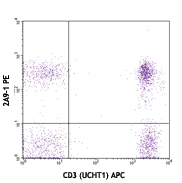
Compare Data Across All Formats
This data display is provided for general comparisons between formats.
Your actual data may vary due to variations in samples, target cells, instruments and their settings, staining conditions, and other factors.
If you need assistance with selecting the best format contact our expert technical support team.
-
Purified anti-human CX3CR1
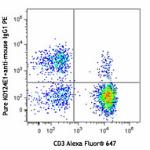
Human peripheral blood lymphocytes were stained with CD3 (cl... 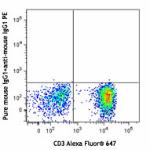
-
PE anti-human CX3CR1
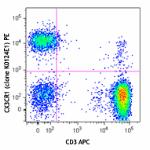
Peripheral blood lymphocytes were stained with CD3 APC and a... 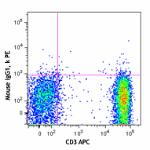
-
TotalSeq™-C0179 anti-human CX3CR1
-
TotalSeq™-B0179 anti-human CX3CR1
-
TotalSeq™-A0179 anti-human CX3CR1
-
KIRAVIA Blue 520™ anti-human CX3CR1

Human peripheral blood lymphocytes were stained with anti-hu...

 Login / Register
Login / Register 




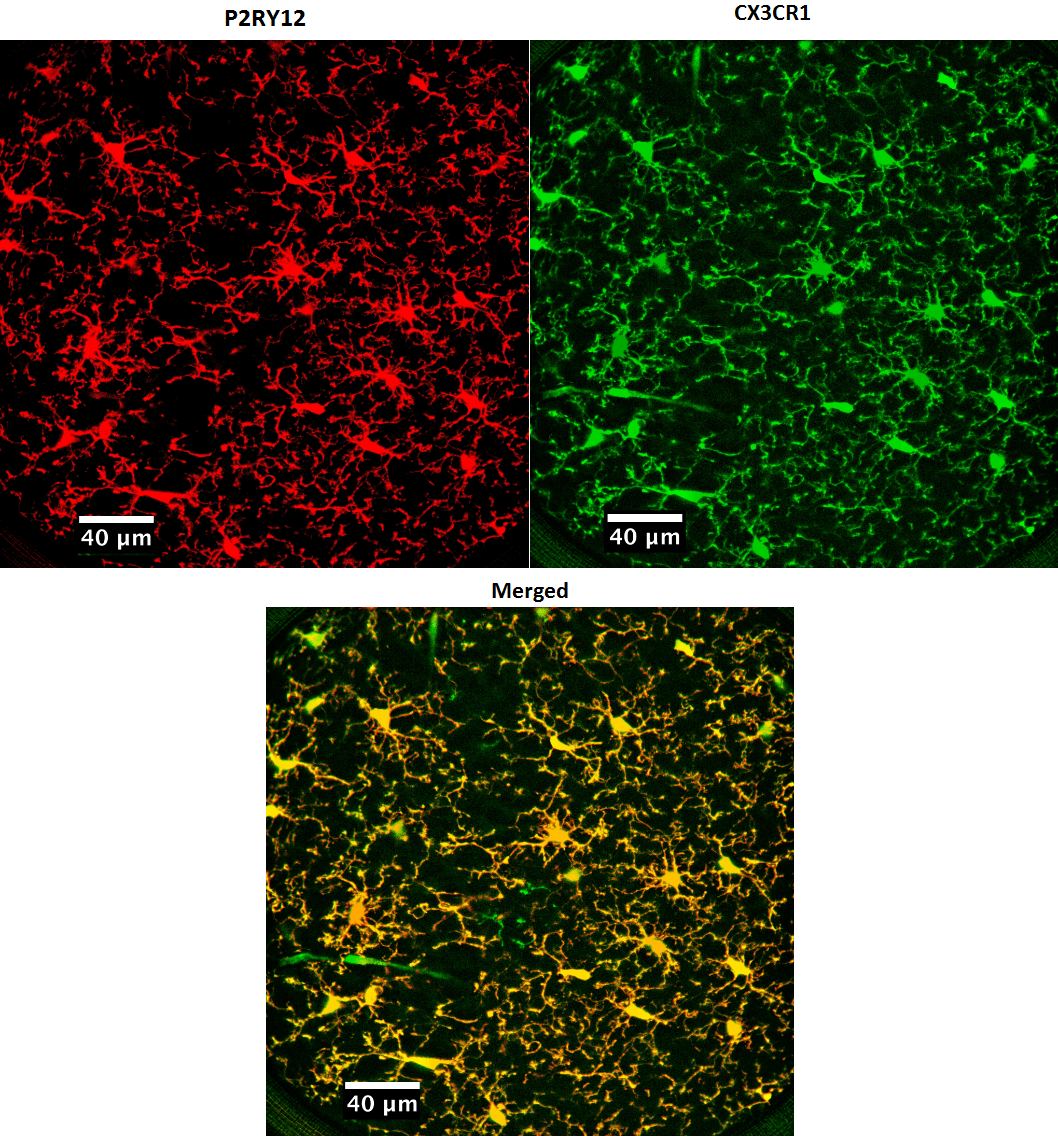
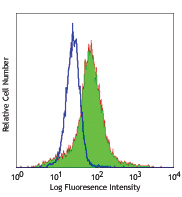
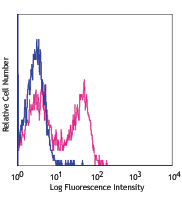



Follow Us